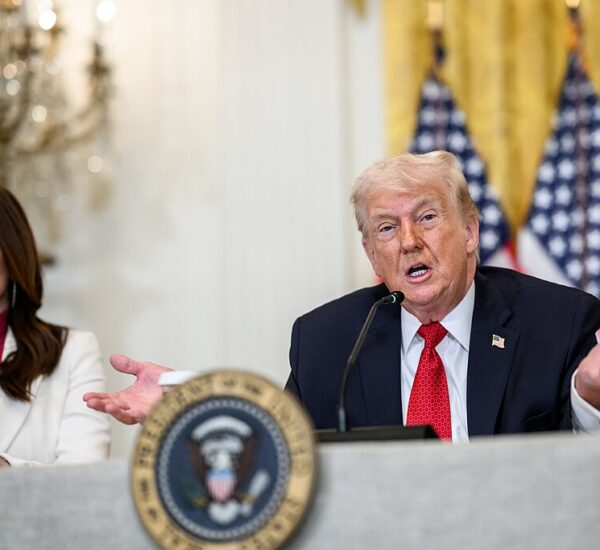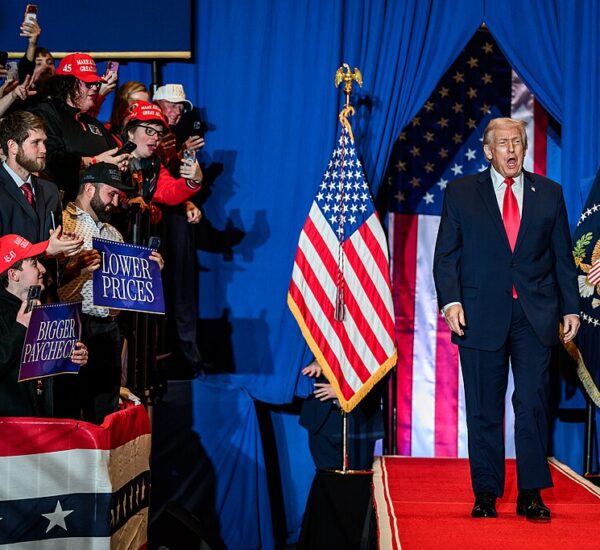Democrats Say Trump Endangering What?
Senator Jack Reed (D-R.I.) launched a harsh attack on President Trump late Friday, accusing the president of undermining the integrity and professionalism of the U.S. military through his actions at the Department of Defense. Reed, a former Army paratrooper, claimed Trump’s efforts to reshape the military leadership are sowing discord within the ranks and jeopardizing the very ethos that has made the U.S. military one of the most respected in the world.
In an op-ed published in The Washington Post, Reed argued that Trump’s push for personal and political loyalty from military leaders is creating an environment where career military professionals are more concerned about their relationship with the president than about doing what is right for the country’s security. He stated that military leaders are now faced with the choice of either blindly following Trump’s orders or facing potential retribution, even after years of dedicated service.
This criticism followed the dismissal of Air Force Gen. C.Q. Brown Jr. as Chairman of the Joint Chiefs of Staff, a move that Reed argued could have severe consequences for military readiness. Brown, who was the second African American to hold the prestigious role, was praised by Trump for his accomplishments, but his firing sent a clear signal to military leaders that their careers could be in jeopardy if they fail to align with the president’s political agenda.
Reed also took issue with the removal of senior military lawyers, describing the decision as an unprecedented attempt to install officers who would be more inclined to support Trump’s interpretation of the law, rather than offer independent, objective counsel. This, Reed warned, could severely undermine the military’s legal oversight, making it more susceptible to political influence.
The senator further argued that the purging of military officers over political concerns would have long-term repercussions, not only on the military’s ability to function effectively but also on recruitment efforts. He expressed concern that young Americans would be less likely to join the military if they saw it as an institution where leaders could be punished or sidelined due to political loyalty tests.
Despite Reed’s criticisms, some Republican lawmakers, including Senate Armed Services Chairman Roger Wicker and Senator Lindsey Graham, expressed support for Trump’s decisions, emphasizing that presidents have the right to select military advisors they trust. Graham, in particular, expressed confidence that the president’s chosen successor for Chairman of the Joint Chiefs of Staff, Air Force Lt. Gen. Dan Caine, would be a capable leader.
While Reed’s alarm over Trump’s actions reflects his concerns about the politicization of the military, it also highlights the broader division over how the armed forces should be led and the role of political considerations in military leadership. As the nation faces growing global threats, the debate over the future direction of the U.S. military and its leadership is more critical than ever.






